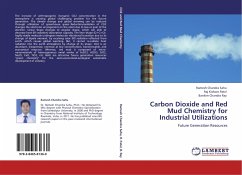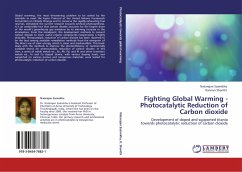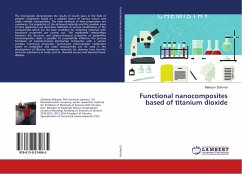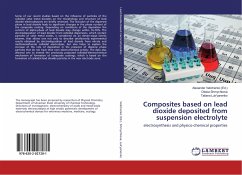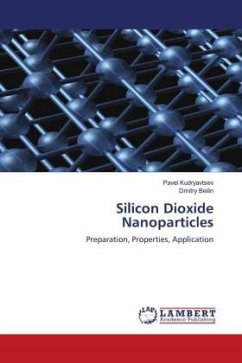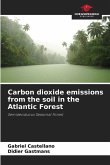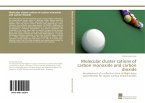The increase of anthropogenic inorganic CO2 concentration in the atmosphere is creating global challenging problem for the future generation. The climate change and global warming can be reduced through utilization of greenhouse gases. Reduction/oxidation of CO2 changes the electronic arrangement on the atom due to loss or gain of the electron. Linear shape changes to angular shape, which can able to decrease heat (IR radiation) absorption capacity. The liner shape (O=C=O), highly stable molecule undergoes molecular vibrational transition due to its change of dipole moment, by receiving solar (IR) radiation reflected from earth, which causes global warming. But, it cannot re-radiate heat radiation into the earth atmosphere by change of its shape. CO2 is an abundant, inexpensive, nontoxic at low concentration, biorenewable, and economical resource. Whereas, red mud is composed of micro-nanomaterials of heterogeneous metal oxides of Fe2O3, Al2O3, SiO2, Na2O, CaO, TiO2, etc. Both are attractive future generation resources green chemistry for the socio-economical-ecological sustainable development of industry.
Bitte wählen Sie Ihr Anliegen aus.
Rechnungen
Retourenschein anfordern
Bestellstatus
Storno

